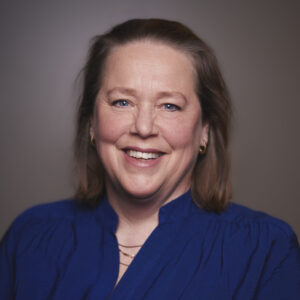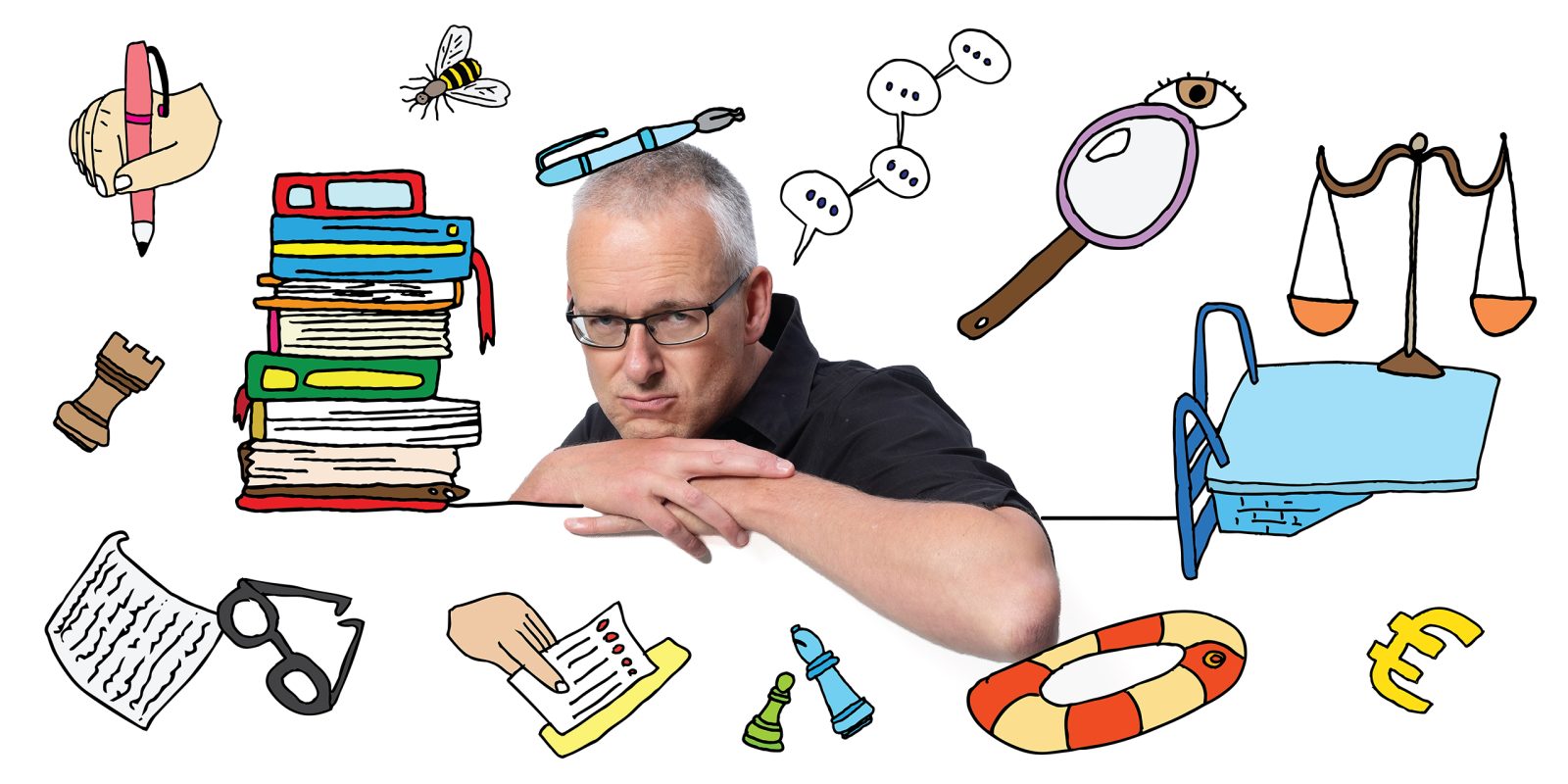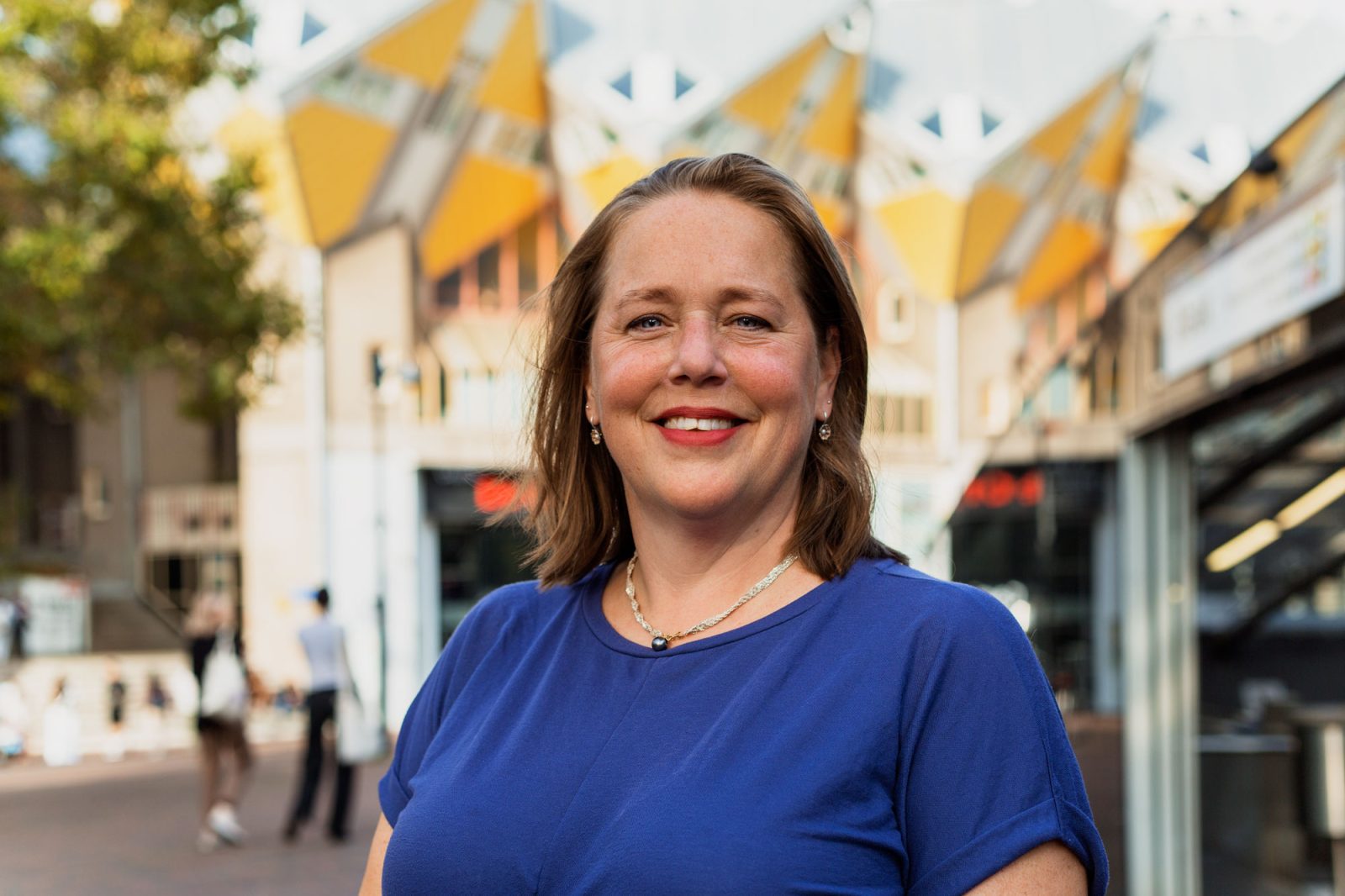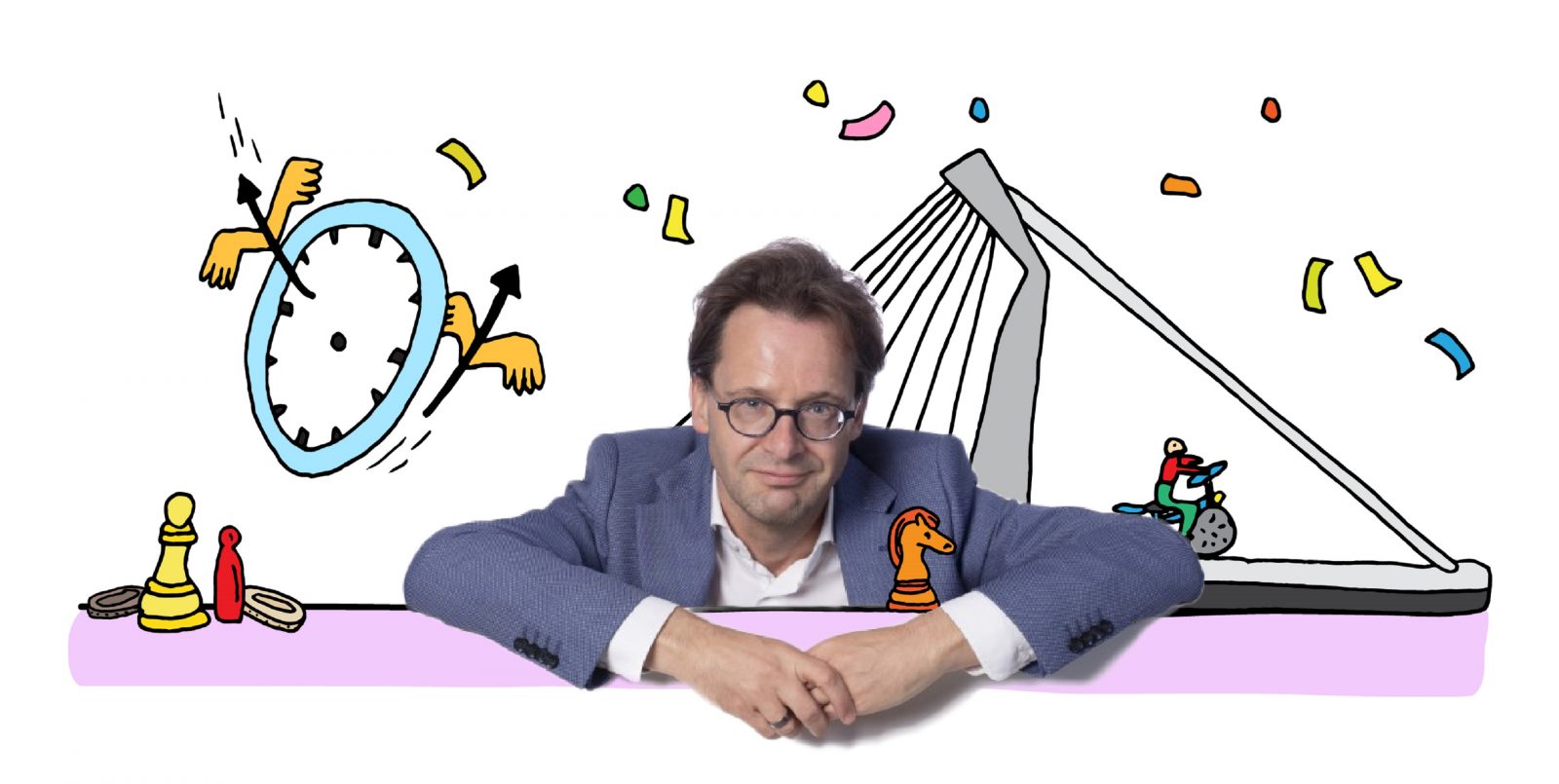Make (Divers)it(y) happen @ EUR: a plea for urgent action
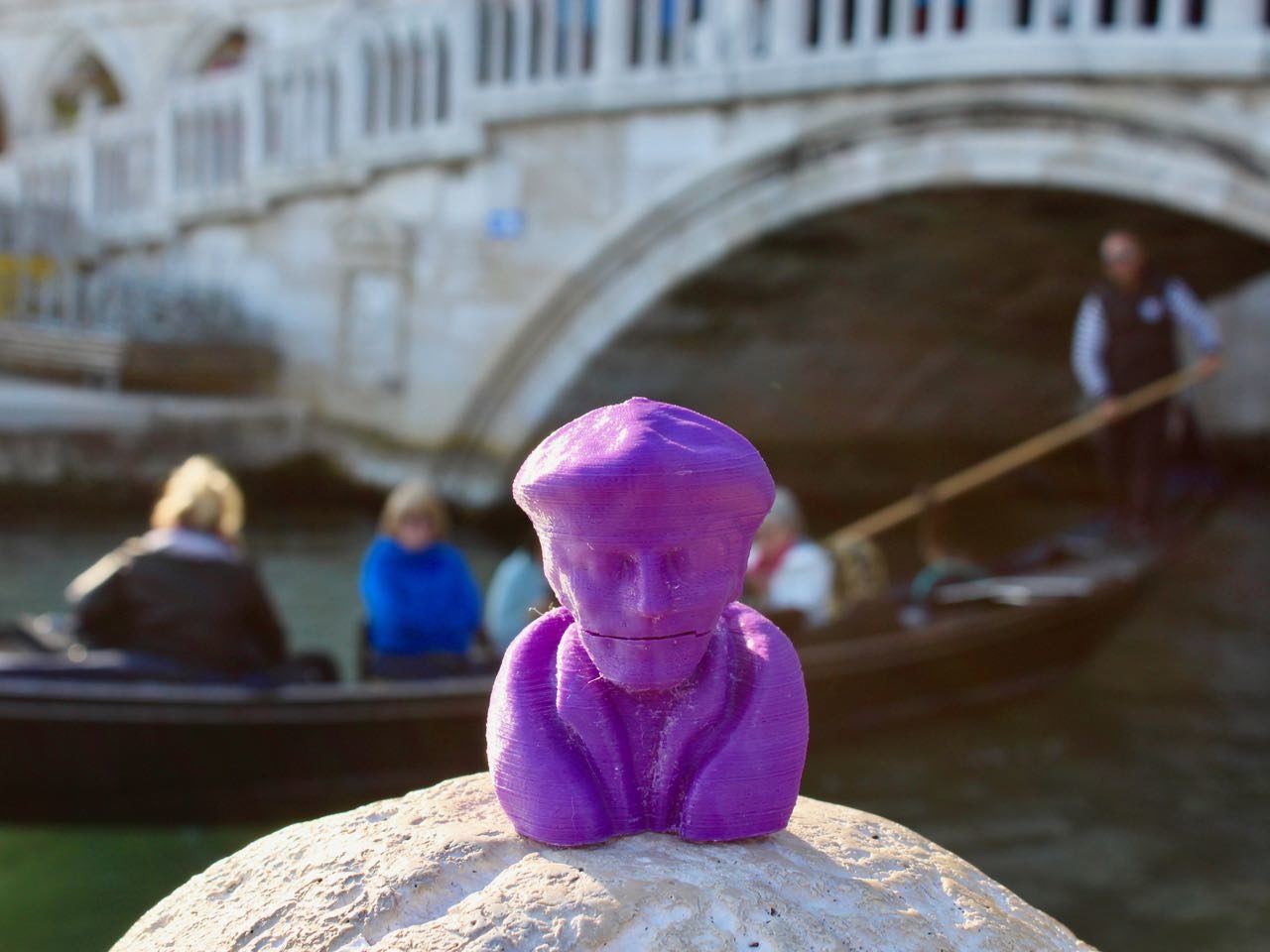
Image by: Job Zomerplaag
Erasmus University (EUR) is a university of thinkers and doers that pursues high-quality education and research; a worthy goal. But can a university pursue high quality when diversity and inclusiveness are insufficiently embraced? We do not think so and will explain why. In our opinion, it is about time that we as a university not only think about diversity and inclusion, but also take action.
For many years now, scientific evidence has overwhelmingly shown that leveraging upon diversity increases an organization’s success. An inclusive organizational culture not only ensures that all talent is exploited optimally and gives everyone equal opportunities to maximize their potential, but also stimulates and accelerates innovation. Furthermore, diversity provides the opportunity to develop cultural sensitivity: an undeniable skill in an international playing field. As a knowledge institution, we are obliged to take this evidence seriously and act upon these scientific insights.
‘Funding agencies (…) correctly require that research proposals must include diversity’
Our university strives for high-quality research that is relevant for society. We do so in the highly diverse area of Rotterdam. Allowing different types of people with a variety of experiences and insights to engage in producing this research is a prerequisite for obtaining this goal. Research funding agencies correctly require that research proposals must include diversity in the content and organization of the research. Not only to enrich perspectives and to strengthen the relevance of research but also to gain access to people in our society. The low level of involvement and participation of large groups of people in society in our scientific studies not only affects the reliability of the outcomes (take the example of pharmaceutical research based primarily on male animals and subjects) but also the consequences for our position as a knowledge institute. Can we currently contribute sufficiently to social issues of the 21st century?
Diversity prerequisite for research and education
In addition, our university is an educational institution. Our goal is to prepare students for the world in which they will act after (but also during) their studies. In their careers they will be asked to work with different people. Leaders of the future are expected to be able to understand and lead society when it comes to building bridges. A diverse student population makes them familiar with this and offers opportunities to get to know each other better, but this alone is not enough. In the actual education that students receive, we must also create space for diversity by demonstrating to students that people’s thoughts and actions can be motivated from a wide variety of perspectives. This requires education in which these differences are exposed. It should therefore be normal for students to be ex-posed to a diverse teaching staff, which is currently insufficiently the case.
‘Our university reproduces inequality’
Last but not least, we must note that our university is still reproducing inequality. The Erasmus University has the slogan “Diversity and Inclusion is in our DNA“, but top positions are almost exclusively occupied by white Dutch men. In our university, only 11 percent of full professors are women. In strict terms, therefore, the needs and experiences of half of the population are subordinated. And what image do we provide for our students, staff and society at large? The perception that careers, perspectives, and needs of a significant part of the population are just not so important, and that it is not attractive for women to pursue an academic career. This phenomenon is called reproduction of gender inequality. We see the same sort of inequality propagation amongst people who are not white Dutch men, for example ethnic minorities. Should we not strive for our staff composition to be a reflection of the society we serve, and therefore swiftly establish a diversity-policy based on equal suitability to achieve this goal in the long-term?
From thinking diversity to doing diversity
We conclude that we can only achieve high quality performance in the 21st century if we embrace diversity and inclusion. We do not only need a formal diversity policy that focuses on the organization, but we also need a diversity policy that creates broad-based awareness among staff and students that high quality research and education requires that we let go of the dogma of individual excellence, and invest in collective, inclusive, high quality that has multiple dimensions other than just an “excellent output”. It is the combination of diversity and talent that allows the university to sustainably contribute to complex societal issues. This is because complex societal issues do not allow themselves to be constrained into simple frameworks governed by single perspectives. Addressing the complex societal issues of our time is not a simple task, and therefore actually exactly the kind of task a university could tackle.
‘Setting “hard” targets can help to change the organizational culture around this policy’
The time for introspection and brainstorming for a way forward for the EUR has passed. The time has come for the EUR to make the step of “thinking and doing” to “thinking diversity and doing diversity”. The diverse talent pool is ready to take that responsibility at the core of all activities – in education, research and management of this university. The EUR Diversity and Inclusion Policy 2017-2020 provides a good basis by promoting positive change within our organization at individual, organizational and cultural levels. But if we only think about the urgency of diversity, and not proactively do diversity, then this policy will have no effect whatsoever. Setting “hard” targets can help to change the organizational culture around this policy.
Key issues
The undersigned are ready take the bull by the horns and take action on the following key issues:
- Redefining the quality of research (staff) within Erasmus University to 21st century standards: This redefinition is direly needed to stay connected with progressive movements such as Science in Transition and innovative research, for example Horizon2020. Researchers: Get inspired by this movement (scienceintransition.nl) and the Horizon 2020 Science with and for Society program of the EU, and provide your input for a new EUR vision on quality of research: What is our definition of academic success?
- The creation of ‘inclusive classrooms’ that provide equal opportunities to excel for the diverse set of students that we serve. Teachers: Look critically at the students in your classroom: do they all get optimal opportunity to excel during your classes? How can you improve? And what do you need to achieve this?
- Strategic HR policy that aims to diversify our staff by means of transparent selection and promotion processes, with the starting point being the added value for the team, and not individual excellence. The current appraisal of quality procedure for scientific personnel is disadvantageous for certain groups at Erasmus University, in particular women. To obtain better female representation in full professorship roles, challenges in recruitment, career progression and talent outflow need to be effectively addressed. HR experts: Support our leadership in the pursuit of a diverse workforce with tools that help to strategically create diverse teams.
- Leadership: Diversification of our leadership is a first important step. Key competencies of our future leaders must be: building bridges within our university and towards society, and a clear vision on collective excellence through diverse teams, networked science and inclusive classrooms. Supervisory Board: applying these competencies to the vacancy for our next rector is an important first step in the right direction.
- Last but not least, we invite our students to take up the diversity challenge as leaders of the future: diversity and inclusion are no longer about minority problems but simply a business case for sustainable success in your education and in your future role in society. Get to know each other and learn from each other, also outside your own inner circle of friends. By doing so, you will notice that fellow students who are seemingly very different from you often also have a lot in common with you.
With this open letter, we therefore call upon EVERYBODY at our university to sign this letter and thereby show that diversity and inclusion is not only a topic on the agenda of policy makers, but matters to EVERYBODY on our campus. We are ready to get to work towards sustainable diversity and inclusion at Erasmus University.
Do you want to endorse this letter? Sign it here.
Hanneke Takkenberg, Semiha Denktas, Liesbeth Noordergraaf-Eelens, Daisy Boogaard, Willem Schinkel, Robin van den Akker, Bregje van Eekelen, Jiska Engelbert, Sanne Taekema en Ashleigh Woodend.
Signed by:
Bestuur ENVH
Bestuur VENA
Universiteitsraad
Abdessamed Bouabid
Ahmet Erdogan
Aike Janssen
Alessandra Arcuri
Alex van Stipriaan
Alexandros Sarris
Alice Janssens
Alina Pavlova
Alix Budelmann
Almar Bok
Amarantha Groen
Amela Okanovic
Amrita Chhachhi
Ana Cinthya Uribe Sandoval
Ana Vasques
Anastasia Karatzia
Andre Mamede Soares Bra-ga
Andrea Woltman
Angelique van Dam
Aniek Sebregts – van Straa-ten
Anna Nieboer
Anne Slootweg
Annemiek Stoopendaal
Anthoinette de Bont
Anushka Chote
Arzu Umar
Asa Ekvall
Ashleigh Woodend
Ashley Richard Longman
Aurelien Baillon
Axel Themmen
Barbara van der Ent
Bertien Kuiper
Bregje van Eekelen
Brenda Karsan
Brigitte Hoogendoorn
Çağlar Köseoğlu
Camila Malig
Caspar van Lissa
Catherine Somzé
Christian van der Veeke
Christine Sheldon
Constanze Binder
Cynthia Embido Bejeno
Daisy Boogaard
Daniele Rossi Doria
Daphne van de Bongardt
Dianne Bevelander
Dubravka Zarkov
Eke Krijnen
Eleonora Di Molfetta
Elif Keskiner
Elissaios Papyrakis
Ellen Zwarthoff
Emese von Boné
Emma Bouterse
Erhard Berner
Eva van Gemert
Fabienne Reedijk
Fadi Hirzalla
Farshida Zafar LL.M.
Freek Schiphorst
Friso van Houdt
Gabi Helfert
Gabriela Koppenol-Gonzalez
Gabriele Jacobs
Gabry Vanderveen
Gera Noordzij
Gert Goris
Geske Dijkstra
Gijs Custers
Gijs Rooijakkers
Gijs van Oenen
Gusta Drenthe
Gwen de Bruin
Gwen van Eijk
Hanna van Dijk
Hanneke Takkenberg
Hans Bil
Helen Hintjes
Hester van de Bovenkamp
Howard Niclas
Huib Tabbers
Irene van Staveren
Iris Bos
Iris Wallenburg
Isabel Awad
Isil Sincer
Jaap Hassoldt
Jacco van Sterkenburg
Jacko van Ast
Jaco Dagevos
Janathan Garcia Miralles
Jane Murray Cramm
Jard Ykema
Jason Pridmore
Jeff Handmaker
Jenny Visser
Jeroen Postma
Jeroen Temperman
Jeroen Timmermans
Jess Bier
Jessie Renne
Jing Hiah
Johanna Weststrate
Joia de Jong
Joke de Wit
Jolanda Hessels
Jolanda Uit Beijerse
Jonathan Garcia Miralles
Joost Jansen
Joris Tieleman
Joris van Bakel
Jos de Mul
Josanne van Dongen
José Nederhand
Josine Dekker
Josje ten Kate
Julian Schaap
Julien Francois Gerber
Jursica Mills
Karen Stegers-Jager
Karin Arts
Karin Astrid Siegman
Karin Willemse
Katherine Senneville
Kellie Liket
Kirsten Cheney
Kirsten Rohde
Koen van Eijck
Kor Grit
Kristin Henrard
Lana Said
Laura den Dulk
Lea Masse
Lee Pegler
Leona Hakkaart – van Roijen
Libby van Dalen
Liesbet van Zoonen
Liesbeth Noordegraaf-Eelens
Liesbeth van Rossum
Lilia Sacco
Linda Johnson
Lisenne Giel
Lize Swartz
Lois Schenk
Lokke Gennissen
Lonneke de Meijer
Lonneke Roza
Louise van der Werff
Luuk Schokker
Maaike Lambregtse
Maarten Frens
Maartje Luijten
Madhury Ghisaidoobe
Margreet Luth-Morgan
Margreet Vos
Marianne Klerk
Marianne van Bochove
Marie van der Gaag
Marieke Meeuwisse
Marielle Dokter
Marina Cadaval Narezo
Marisela Martinez Claros
Marjolein Kooistra
Marleen Waalwijk
Marli Huijer
Marthe Korte
Martijn Roos
Maryse Kruithof
Masis Hakhverdian
Masuma Shahid
Maureen Rutten-van Mölken
Maurice Crul
Maywenn Al
Mélodine Sommier
Meta van der Linden
Mieke Kox
Mijke Zeegers
Mindi Schneider
Mirthe Hendriks
Mohamed Bouziane
Murat Arsel
Nahada Shehada
Natalija Gersak
Natascha Harkhoe
Nick Augusteijn
Nina Holvast
Noor Lourens
Noortje de Boer
Nynke Jo Smit
Olivier Dragt
Olivier van den Hooven
Ooi Zi Han
Pamela Wiepking
Patricia Vuijk
Paul van de Laar
Pauline Jansen
Pauline Meurs
Pauwke Berkers
Payal Arora
Pearl Dykstra
Pejman Bahreman
Peter Scholten
Phyllis Livaha
Piergiorgio Sgarlata
Pieter Van den Heede
Pranita Murli
Rachel Kurian
Ramona Ligthart-van der Mast
Reinout van der Veer
Renata Cavalcanti Muniz
René van Swaaningen
Renske Keizer
Rianne Kok
Rianne van Reeuwijk
Robbert Goverts
Robert Beers
Robin van den Akker
Rogier van Reekum
Roland Bal
Ronald Huisman
Rosalba Icaza
Sabine Severiens
Sabrina Alhanachi
Sabrina Huizenga
Sanne Boersma
Sanne Grotenbreg
Sanne Struijk
Sanne Taekema
Saskia Bayerl
Semiha Denktas
Sevgi Yilmaz
Sharmini Bisessar-Selvarajah
Shelly Wu
Shirley Endirece
Silke Heumann
Sjaak Braster
Sjoerd van Tuinen
Stephanie Wagener
Sylvia Bergh
Talitha Stam
Tamar van Heyningen
Tamara de Groot
Teresa Marreiros Bago d-Uva
Tessa van Schendel
Thanos Kostopoulos
Thea Hilhorst
Turkan Ertuna Lagrand
Umbreen Salim
Valeriya Zarubina
Vardit Landsman-Schwartz
Vera Scholmerig
Vidhi Chaudhri
Vivian Visser
Walter van den Broek
Ward Vloeberghs
Welmer de Groot
Wendy Harcourt
Wibo van Rossum
Wibren van der Burg
Wijnand Kerklaan
Wil den Harder
Wil Hout
Willem Schinkel
Xandra Kramer
Zakia Essanhaji
Ziya Aliyev
Zouhair Hammana
De redactie
-
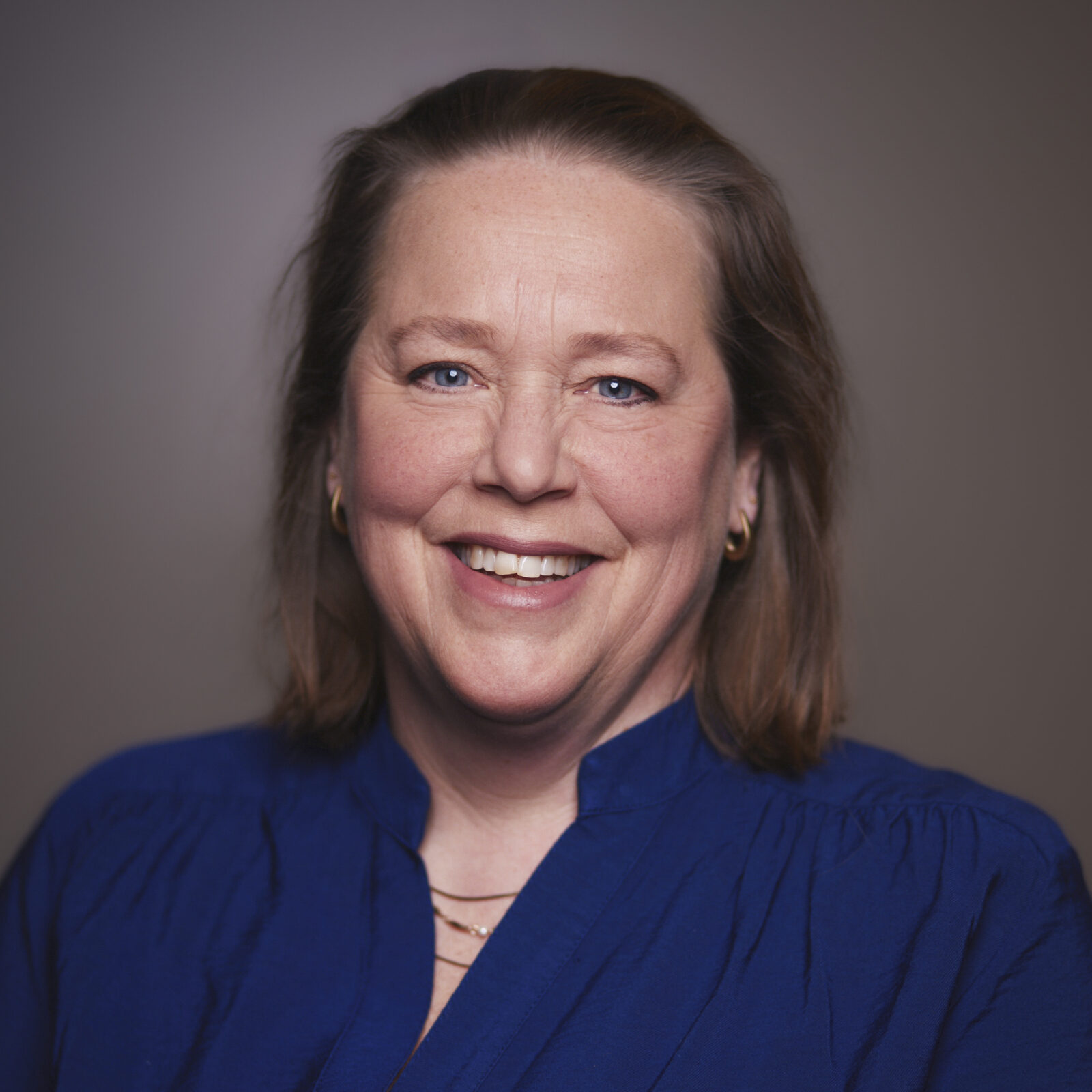 Wieneke Gunneweg
Wieneke GunnewegEditor-in-chief
Comments
Comments are closed.
Read more in opinion
-

If the rector can spout AI nonsense, then so can everyone else
Gepubliceerd op:-
Column
-
-
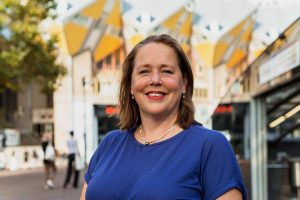
At the end of the year, Erasmus Magazine wishes everyone an empty head, warm hands and a full heart
Gepubliceerd op:-
Editorial
-
-

The gloomy Christmas of Erasmus
Gepubliceerd op:-
Column
-
